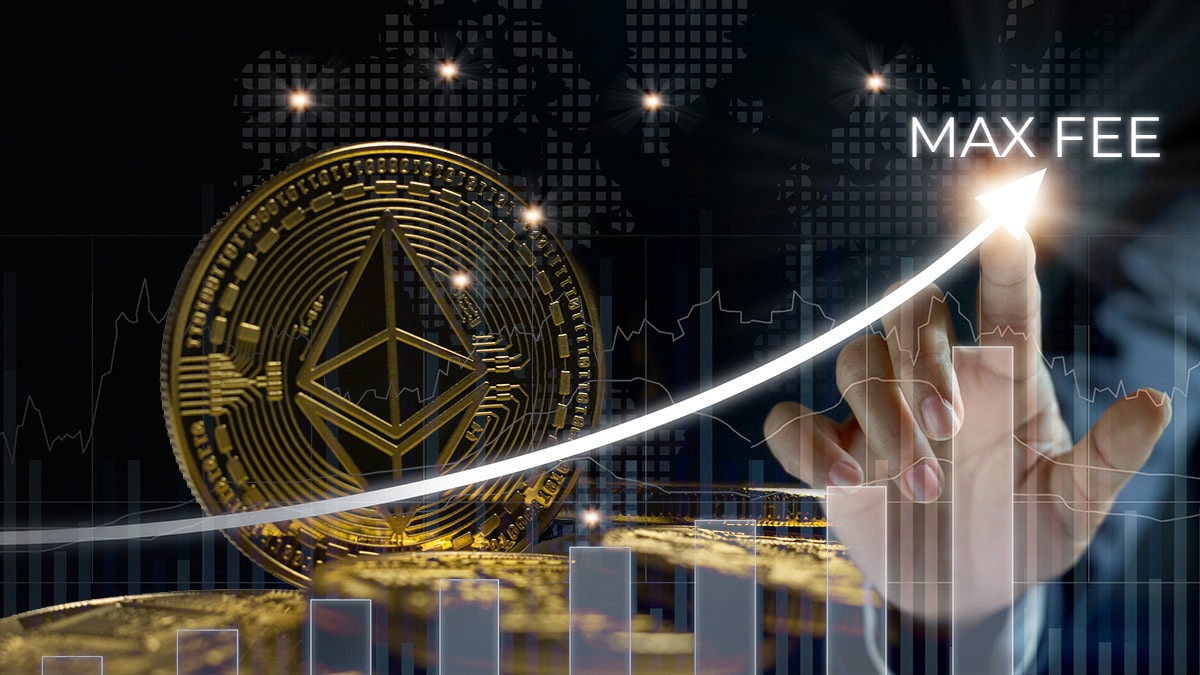
Vitalik Buterin suggests increasing the maximum commission on Ethereum wallets
- Tech
- May 17, 2022
Key facts:
-
Raising the default maximum commissions would prevent delays in Ethereum, according to Vitalik Buterin.
-
The developer expressed himself through social networks but did not propose anything officially, yet.
Vitalik Buterin, co-founder of Ethereum and the main reference of its ecosystem today, assured that wallets should increase the default value for maximum commissions. The current model, which he described as “horrible,” generates delays in transactions, he said.
Buterin’s Criticism on Twitter points to the default commission options that Ethereum wallets show by default to their users. To cite an example, MetaMask offers three levels of fees to be paid at the time of making a trade: low, market or aggressive. Each of them has a different cost and, based on what is paid, allows a transaction to be confirmed faster on the network.
Buterin has questioned that last value, which in MetaMask they call an “aggressive” fee and which in other wallets is directly catalogued as “high”. For the Russian-Canadian developer, setting the maximum base rate at a point barely higher than the current base rate is horrible because it generates delays when the base fee increases right at the time of making a transaction.
To avoid such a problem, the developer asked to increase the value of this maximum commission by default to more than 1.3x with regard to the base tariff. “Although I would prefer more than 2x,” he doubled down on the bet. As an additional argument to his position, he showed the changes that Brave Wallet introduced in its fee policy for transactions on Ethereum.

Source: @vitalikbuterin/ twitter.com
About the basics of Ethereum wallet developers to choose the current values, Buterin assured that it is because “it looks bad in the user interface to show a higher fee.” However, he opined that “there must be better ways to deal with this problem.” For example, he said, present the fee not as USD 4.25 but as USD 3-6. That is, using a range to “cover up” the payment of higher fees.
In the responses to his proposal (which is not official, but just commented on it on Twitter), several users criticized Buterin’s idea. For example, one of them he opined that “people don’t want to spend $40 to send $400” and that “it’s not an ‘excuse’, but it’s a problem with their product,” referring to Ethereum.
On the other hand, other user he criticized the move to “camouflage” the payment of higher commissions to Ethereum miners by showing ranges instead of concrete values. “People are avoiding Ethereum transactions because of these programmed attitudes,” he said.
This is how Ethereum wallets handle fees
When using MetaMask to make a transaction at the time of writing, the wallet set a default maximum fee of 0.00051925 ETH for transactions with high or “aggressive” fees. This is equivalent, according to the Crypto News price index, to USD 0.85.

On the other hand, making a transaction with lower commissions using the “low” or “market” commission options (which would mean a longer delay in its confirmation), cost a little less (between USD 0.79 and 0.82). These values are constantly changing and can be much further from each other when the network is more congested, as this newspaper has reported on previous occasions.
In summary, what Buterin proposes is to increase the “ceiling” of the first value, the one with the “aggressive” tariff. This way, if a user wants to pay more so that their transaction is confirmed faster, they will already have a default option to do so. In addition, if the network conditions change right at the time of the transaction, paying a higher commission will prevent it from being delayed and left unconfirmed.
